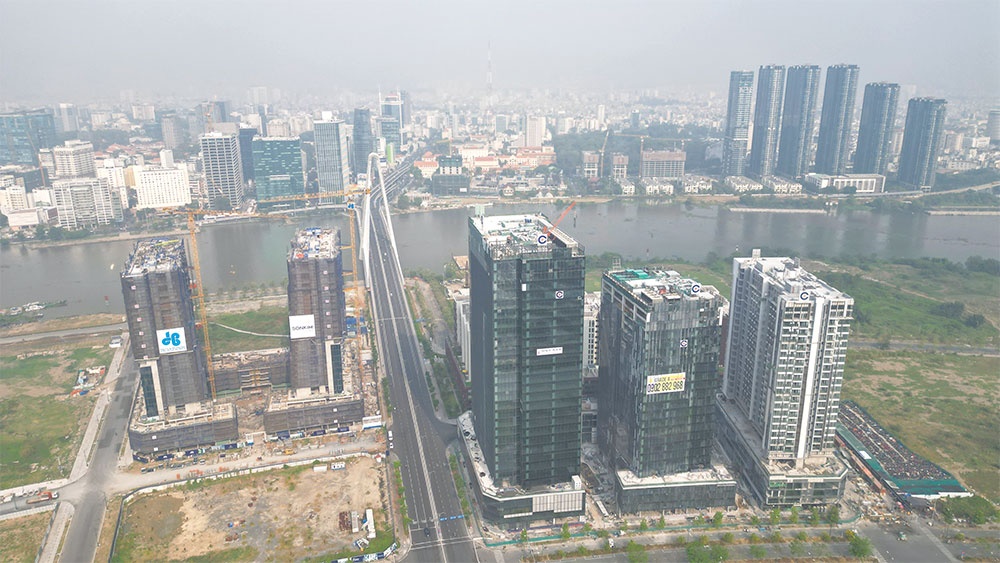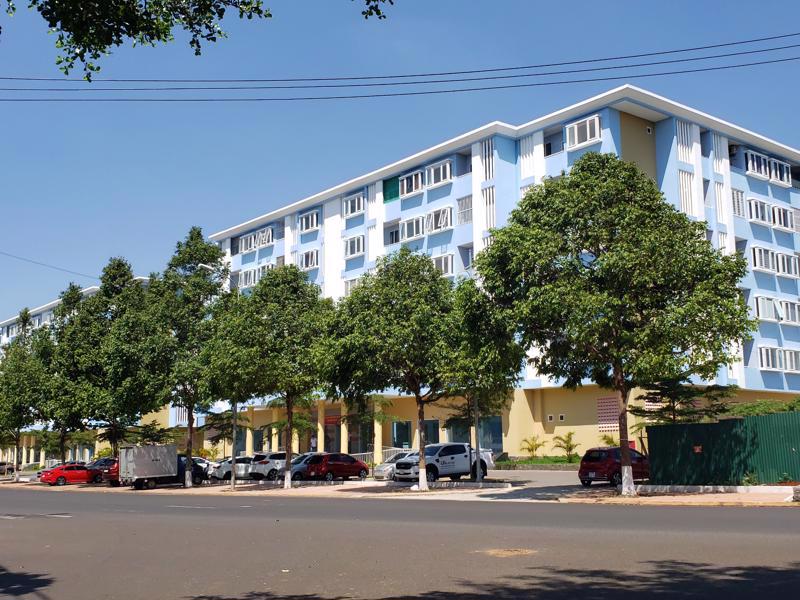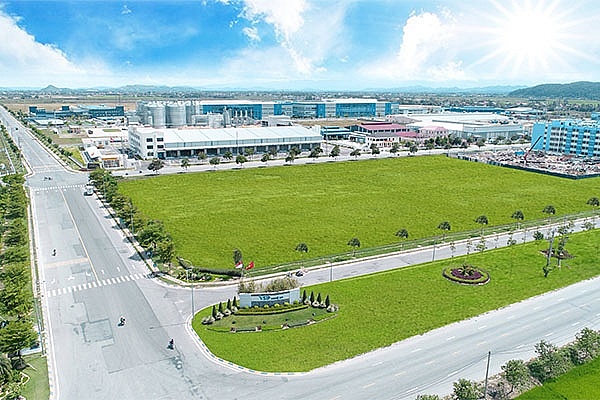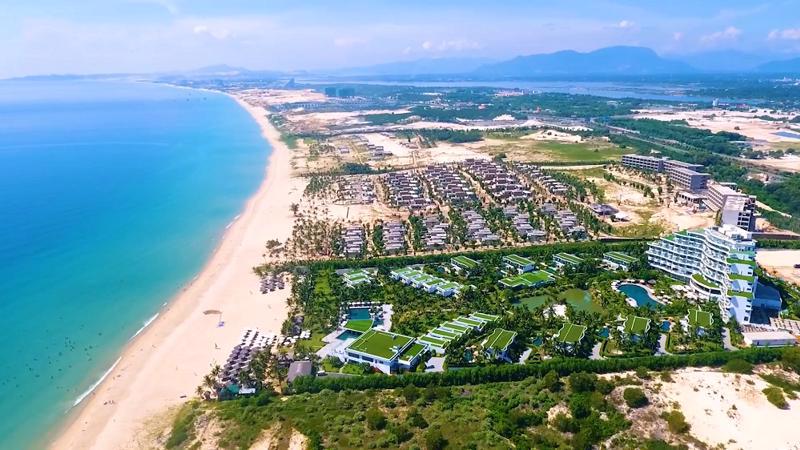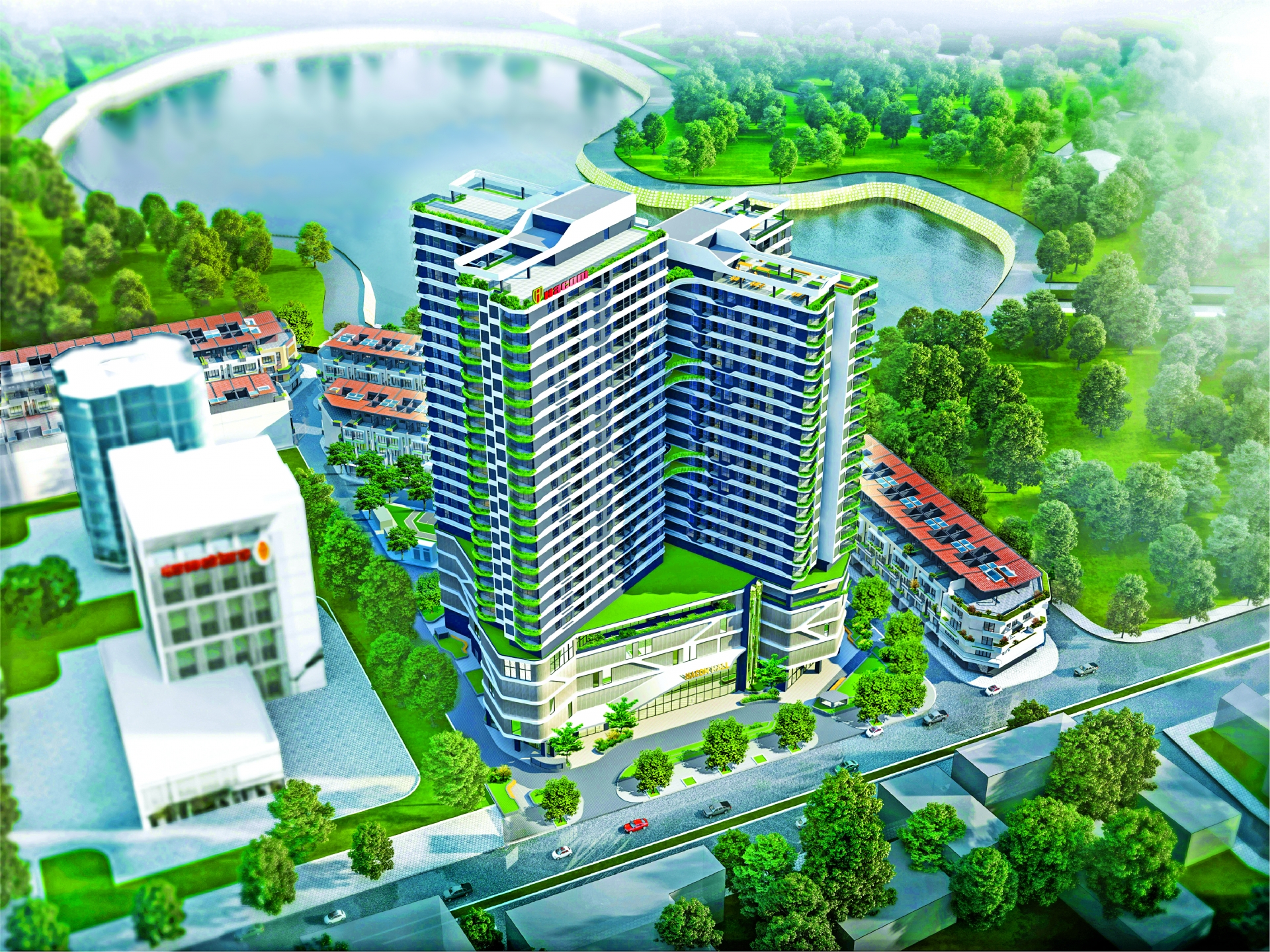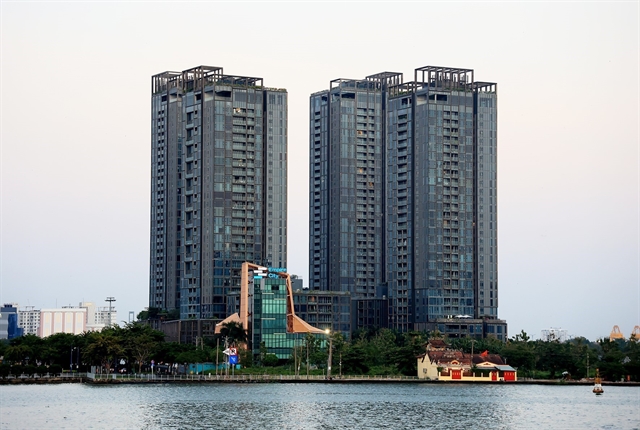Time to act for local real estate sector
Colliers release new report on the state of Vietnam’s property sector.

Real estate markets in the region are forecast to begin to stabilize in the second half of 2023, so Vietnam needs to seize the opportunities at this time to transform its development strategy, according to a Colliers’ report released on March 21.
Vietnam’s real estate market faced two consecutive shocks in 2022: cash flow shortages and reduced investment. Despite these, however, there may be opportunities for the market to shift in a new direction.
The recovery in key Asia-Pacific real estate markets, including Vietnam, has been hindered by inflation, rising interest rates, and a weakened global economy. This leads to a defensive asset strategy among investors. Despite some advantages, such as political stability, domestic consumption, economic openness, a golden population structure, and rapid urbanization, Vietnam’s real estate market lacks solid fundamentals, and experiences gained from regulating the market in difficult times have not been fully utilized.
“The market has decelerated and risks remain, but this also opens up opportunities for sustainable transformation,” said Mr. David Jackson, CEO of Colliers (Vietnam). The current slowdown presents an opportunity for sustainable transformation, focusing on housing for people in need and real estate for production and commercial purposes. A solid foundation of supply-demand, price-interest rates, and policies is crucial for stable and long-term growth, making the real estate market more resilient to external shocks.
Ms. Cao Le Tuong Van, Director of Capital Markets & Investment Services at Colliers (Vietnam), believes that a new growth cycle is emerging for Vietnam’s real estate market, heading towards stability and sustainability. In Asia-Pacific, high-quality assets such as offices, industrial & logistics, and multi-family properties are expected to outpace others this year.
The industrial real estate segment is a highly-appreciated defensive asset class and expected to thrive in Vietnam this year due to increasing demand for leased land at industrial parks and export processing zones. However, Mr. Vu Minh Chi, Senior Manager of Industrial Services at Colliers (Vietnam), said challenges such as finding the right land lots, complicated land-related procedures, and concerns about sustainability, infrastructure, and legal compliance costs are hindering industrial development. He also emphasized the need for licensing, investment incentives, legal support services, and specific solutions to welcome foreign investors, to promote efficient capital disbursement and a quick start to operations.
In the office segment, occupiers are demanding more sustainable, flexible, and engaging workspaces due to changes in the workplace and workforce strategies, including the adoption of hybrid work models. Remote work is not expected to come into full force in Vietnam due to the local working culture, and companies are focusing on optimizing workspaces and operating costs while reinforcing corporate culture.
Meanwhile, major retail brands continue their expansion plans in Vietnam, with Aeon Mall Vietnam, Central Retail, and UOB making significant investments in the country. However, investors and developers are cautious due to concerns about inflation, rising investment costs, a scarcity of legal land sites, and local population density and socio-economic status. To keep up with rapid changes in consumer behavior, the retail model must be transformed into an integrated model, leveraging omnichannel distribution networks and focusing on the customer experience.
Finally, the condominium and townhouse segments will continue to face challenges with supply, selling prices, and liquidity until at least the third quarter. Mid-range segments at reasonable prices are favored, and the worker housing and social housing segments are expected to gain more attention from developers.
Mr. Nguyen Viet Hoang, Business Development Director of Colliers (Vietnam), believes that now is a good time for pension funds, insurers, and sovereign wealth funds from Europe, North America, and Asia-Pacific to invest in residential projects in Vietnam, where domestic developers are dominant. However, he also noted that “Foreign investors are taking their time to carefully assess the risks regarding legal, planning, and licensing aspects and projected returns in the long term.”


